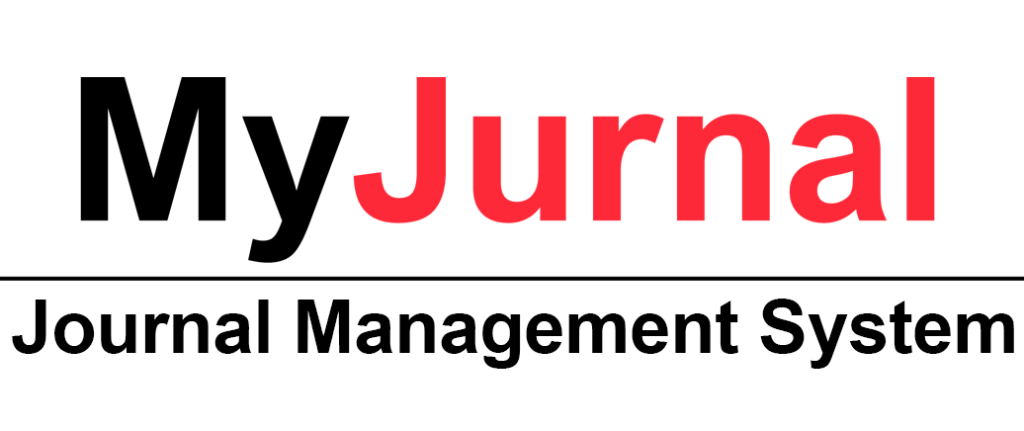Assessment Practices in the Developing World: Predictors of Assessment Practices in Ugandan Institutions of Higher Learning
DOI:
https://doi.org/10.31436/ijes.v3i2.96الملخص
This study analysed the predictors of assessment practices employed by faculty at selected institutions in Uganda. An Assessment Practices Inventory Modified (APIM) scale was distributed to a sample of 350 academic staff selected from both private and public universities in Uganda. Random sampling was used to select the participants for this study. MANOVA and multiple regression analysis were employed for data analysis. Differences were revealed in faculty assessment practices according to their academic levels and specialisations, and not in the type of universities. Differences in academic levels cut across all the assessment practices sub-scales (design, administration, interpretation, and application) while in specialisations differences were only in assessment interpretation. It was also found out that academic levels and formal assessment course undertaken are the only significant predictors of the academic staff’s assessment practices among the many hypothesised predictors (type of universities, specialisations, academic levels, class size, and assessment course). Generally, from the descriptive results of this study it has been noted that academic staff in Ugandan universities lack appropriate assessment skills in assessing their students. This has led to a recommendation that formal assessment training programmes should be made mandatory to all academic staff in universities in Uganda in order to improve their assessment skills to ensure quality in the way they assess students.
Keywords: Assessment practice, higher education, Uganda
Abstrak:
Kajian ini menganalisis peramal bagi amalan penilaian yang digunakan oleh pihak fakulti di institusi-institusi terpilih di Uganda. Skala inventori amalan penilaian semakan (Assessment Practices Inventory Modified APIM) telah diedarkan kepada sampel yang terdiri daripada 350 orang kakitangan akademik yang dipilih dari Universiti awam dan swasta di Uganda. Persampelan rawak digunakan untuk memilih peserta kajian ini. MANOVA dan analisis regresi berganda digunakan untuk menganalisis data. Terdapat perbezaan dalam amalan penilaian fakulti mengikut tahap akademik dan pengkhususan mereka, dan bukan jenis universiti. Perbezaan tahap akademik merentasi semua penilaian amalan sub skala (rekabentuk, pentadbiran, interpretasi dan aplikasi) sementara bagi pengkhususan perbezaan itu hanya untuk tafsiran penilaian. Kajian juga mendapati bahawa hanya tahap akademik dan kursus formal penilaian yang dijalankan menjadi peramal amalan penilaian kakitangan akademik di kalangan banyak peramal yang dihipotesiskan (jenis universiti, pengkhususan, tahap akademik, saiz kelas, dan penilaian kursus). Secara umumnya, keputusan kajian deskriptif menunjukkan bahawa staf akademik di Universiti Uganda kekurangan kemahiran penilaian yang sesuai bagi menilai pelajar mereka. Ini telah melahirkan cadangan bahawa program latihan formal penilaian hendaklah diwajibkan untuk semua staf akademik di universiti-universiti di Uganda bagi meningkatkan kemahiran penilaian untuk memastikan cara mereka menilai pelajar berkualiti.
المقاييس
التنزيلات
منشور
كيفية الاقتباس
إصدار
القسم
الرخصة
The Journal will own copyright to all published works and have the right of first publication, both in print and online, unless other arrangements are made with the Editors in advance. It is the author`s responsibility to ensure that where copyright materials are included within an article the permission of the copyright holder has been obtained beforehand.






















